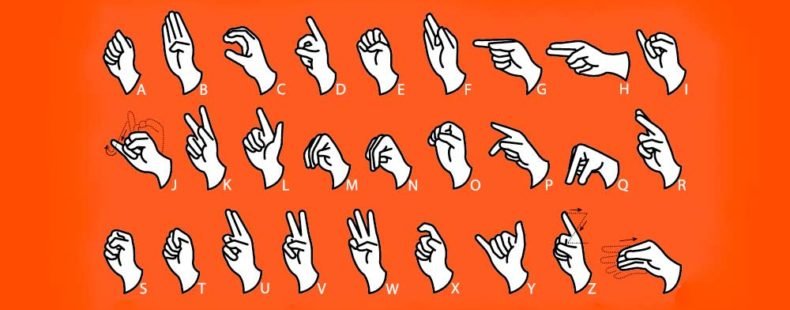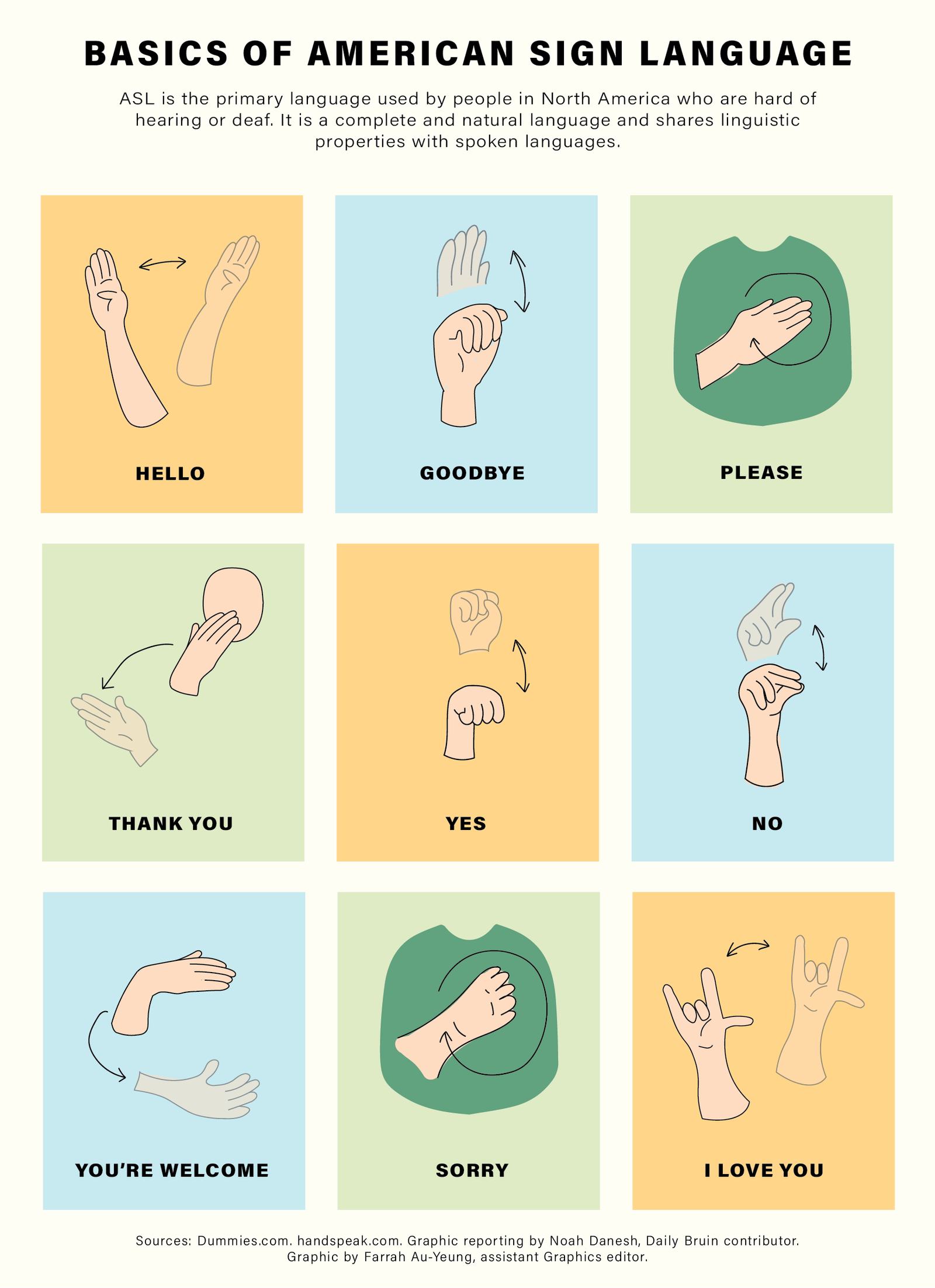Breaking the Silence: Why Accessible Mental Health Care Must Include Sign Language
As the world observes the International Day of Sign Languages on September 23, it’s time to spotlight a conversation that is long overdue—the critical need for accessible mental health care for the Deaf and hard of hearing community.
Mental health is a universal human right, yet for millions of Deaf individuals worldwide, access to quality psychological care remains limited, misunderstood, or completely out of reach. The barrier? Language—more specifically, the lack of sign language accessibility in mental health services.
The Hidden Crisis in Mental Health
Mental health issues do not discriminate. Anxiety, depression, trauma, grief—they affect people of all hearing abilities. However, research consistently shows that Deaf individuals experience mental health disorders at equal or higher rates than their hearing peers, yet they are less likely to receive adequate support.
Why? Because mental health care, as it exists today, is largely designed for and delivered by hearing professionals—most of whom lack fluency in sign language or cultural competence in Deafness. This creates a silent, systemic barrier that can have serious consequences.
Language is Not Just Communication—It’s Connection
For Deaf people, sign language is more than a tool for communication—it is identity, culture, and access to the world. When therapy is delivered without considering a client’s primary language, it becomes not only ineffective but potentially harmful.
Imagine trying to explain your trauma, anxiety, or suicidal thoughts through an interpreter—or worse, through written notes in a language that’s not your own. It strips away emotional nuance, slows down trust-building, and can lead to misdiagnosis or missed diagnoses altogether.

Why Sign Language Access Matters in Therapy
Builds Trust Faster: When a therapist communicates directly in sign language, the therapeutic bond strengthens. Clients feel seen, heard, and understood—without needing to translate their feelings.
Ensures Accurate Diagnosis: Sign-fluent professionals are better equipped to recognize mental health symptoms within the cultural and linguistic context of Deaf clients.
Promotes Cultural Competence: Understanding Deaf culture helps therapists avoid assumptions and provide care that aligns with the client’s lived experience.
Encourages Engagement: When therapy is accessible, Deaf individuals are more likely to seek help, attend sessions, and stick with treatment.
The Consequences of Inaccessible Care
The lack of sign language in mental health settings leads to:
- Delayed diagnosis and treatment
- Increased risk of mental health crises
- Greater social isolation
- Worsening symptoms over time
This isn’t just a service gap—it’s a human rights issue.
Solutions: How We Can Break the Silence
🔹 Train More Sign-Fluent Mental Health Professionals
Governments and institutions must invest in training psychologists, therapists, and counselors who are fluent in sign language and culturally aware of Deaf experiences.
🔹 Incorporate Interpreters—But Thoughtfully
When direct sign language communication isn’t possible, qualified mental health interpreters must be involved, and privacy, emotional nuance, and trust should be carefully considered.
🔹 Include Deaf Voices in Mental Health Policy
Deaf individuals must be part of designing, implementing, and evaluating mental health programs meant for their communities.
🔹 Normalize Deaf Mental Health
Campaigns like the International Day of Sign Languages are opportunities to raise awareness and reduce stigma around mental health in Deaf communities.
In Conclusion
Mental health care is only truly accessible when everyone—regardless of hearing ability—can access it in their own language, on their own terms. Sign language is not an add-on or luxury in mental health services; it is essential.
On this International Day of Sign Languages, let’s commit to br eaking the silence—not just by raising awareness, but by demanding real, systemic change.
Mental health support should not be a privilege. It should be a right—for all, in every language.
Found this helpful? Subscribe below for more



